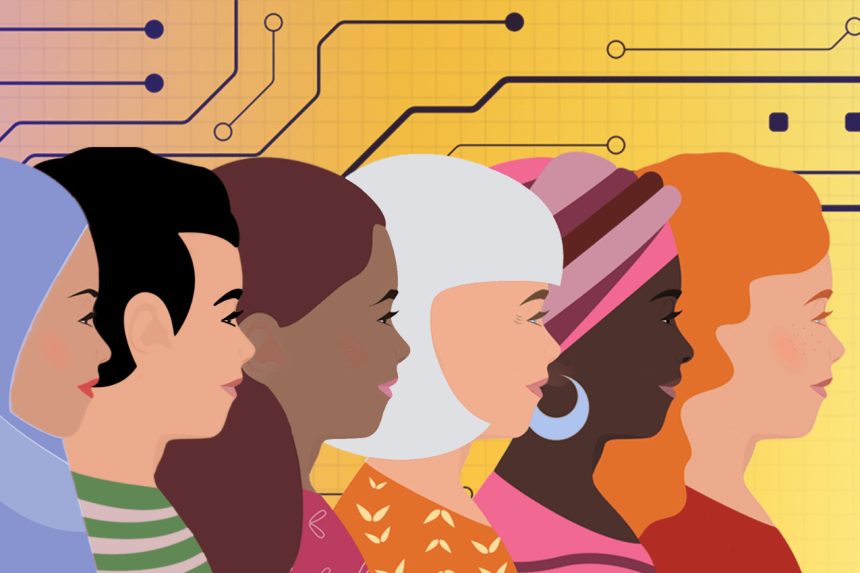Stakeholders from across East Africa have been urged to accelerate progress by ensuring equal representation and equal pay for work across the region by 2030, with just 6 years left to achieve the Sustainable Development Goals (SDGs).
He emphasised five critical areas which include Gender Equality, Climate Action, Living Wage, Water Resilience and Finance and Investment as focal points for collective action and measurable impact by 2030.
“I urge all businesses and stakeholders represented here to proactively tackle these issues, as they indicate areas where collective efforts can yield the most significant and swiftest impact by 2030,” he said.
His sentiments were echoed by the East Africa Confederation of Danish Industry Regional Manager Klaus Lehn Christensen who underscored the shared commitment of Danish Industry to advancing gender equality across the region and the need for collective problem-solving mechanisms to address gender equality challenges.
“Globally gender equality is also a key priority to Danish Industry and I’m proud of the work we are doing with all our East African Organizations. The challenges to gender equality are the same across the region and thus there is a great benefit in finding the solutions together,” he said.
The conference brought together stakeholders from all East African countries including Ethiopia under the theme “Count Her In: Accelerating Gender Equality Through Economic Empowerment.”
According to the Gender Snapshot 2023 report, progress on SDG 5 – Gender Equality – is way off track, with only twoGoal 5 indicators being “close to target” and no SDG 5 indicator at the “target met or almost met” level.
The conference noted that the gender gap in power and leadership positions remains entrenched and at the current rate of progress, the next generation of women will still spend on average 2.3 more hours per day on unpaid care and domestic work than men.
Consequently, according to the Women’s Empowerment Principles Gender Gap Analysis Tool (WEPs Tool) a business-driven tool designed to help companies from around the world assess gender equality performance across the workplace, marketplace, and community, Kenya achieved a score of 41.1% in 2023. Notably, 13.2% of the companies that used the tool have committed to gender equality with 19% actively implementing diverse strategies.
However, only 5.1% are in the process of measuring impact, and 4.4% are reporting on their progress. The Women’s Empowerment Principles (WEPs) is a joint initiative of the UN Global Compact and UN Women, with the Tool designed to help companies better understand their gender equality performance, take stock of gaps and identify common barriers.



